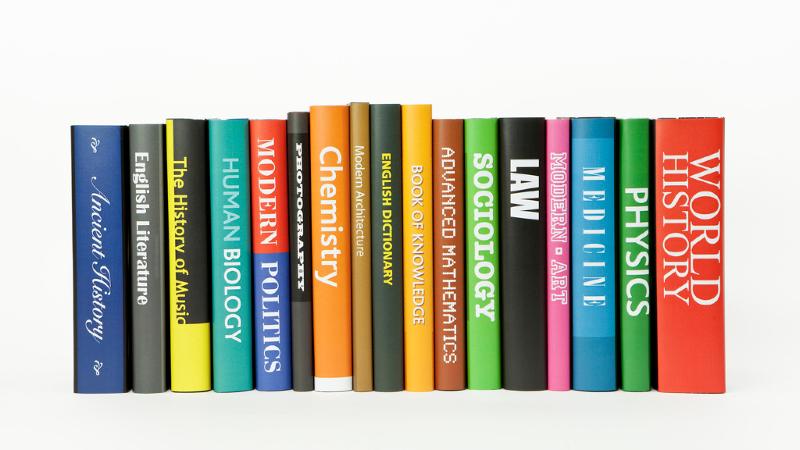
It’s Open Access Week! Why is it important to you?
“Open access provides the starting point to make resources, such as textbooks, more accessible for students and the general public," says QUT Law PhD candidate Jessica Stevens, who is researching open education resources.
"Resources such as school and university textbooks are expensive, but using Open Education Resources (OER) means these resources could be made free – free to access, use, reuse, and share.
"Our QUT research team is collaborating with academic experts, advocacy groups and public representatives from around Australia to create free, accessible resources on Australian intellectual property law.
“Australia is just starting to catch up with the trend overseas where universities are given grants to self-generate open access textbooks.”
QUT’s Dr Pauline Zardo said open access was of critical importance to public policy and good governance.
“Evidence-informed policy-making depends upon having open access to research and knowledge,” said Dr Zardo, who is a Postdoctoral Research Fellow in Data and Policy in QUT’s School of Law.
“Policy-makers will be unable to make optimal decisions if research is locked away behind paywalls.
“The Australian Research Council and the National Health and Medical Research Council both encourage publicly funded researchers to make their work publicly accessible.”
QUT Intellectual Property and Innovation Professor Matthew Rimmer said open access to research and knowledge potentially affected just about every aspect of our lives.
“Open access and its licensing system, Creative Commons, have enabled the sharing of copyright works in art, music, TV, film and publishing so that artists and musicians can create new works and ‘borrow’ and build on work that has gone before," he said.
“We need only look at Cambridge University’s website meltdown with the free release of Stephen Hawking’s 1964 PhD thesis on Monday to mark Open Access Week.
“It’s being downloaded by the world, eager for a window into this great scientist’s early thinking which has informed his career.”
Professor Rimmer said that prior to its open release, the thesis was the university’s most requested item and people had to pay to read it.
“In genomics, open source biology has been used to counteract the rise of gene patents," he said.
“Open access to essential medicines has been promoted by the UN High Level Panel on Access to Medicines to share research to combat public health epidemics – such as HIV/AIDS, malaria, TB, the SARS virus, ebola, and the zika virus.
“Elon Musk has been willing to share Tesla’s technologies under open licensing.
“Open access has enabled collaboration amongst the maker movement on 3D printing and additive manufacturing and CERN, the European Organisation for Nuclear Research, which runs the Large Hadron Collider, uses open hardware licensing.”
QUT is celebrating Open Access Week with:
Open Education Resources: Open in order to … transform education – three speakers on making educational resources freely available. Wednesday, 25 October 8.15am to 10am, UQ.
The Power of Open: International Policy and practice – two experts share insight on the US and international state of Open Access. Friday, October 27, 10 to 11.30am QUT Gardens Point.
Media contact: Niki Widdowson, QUT Media, 07 3138 2999, or n.widdowson@qut.edu.au
After hours: Rose Trapnell, 0407 585 901 or media@qut.edu.au.




